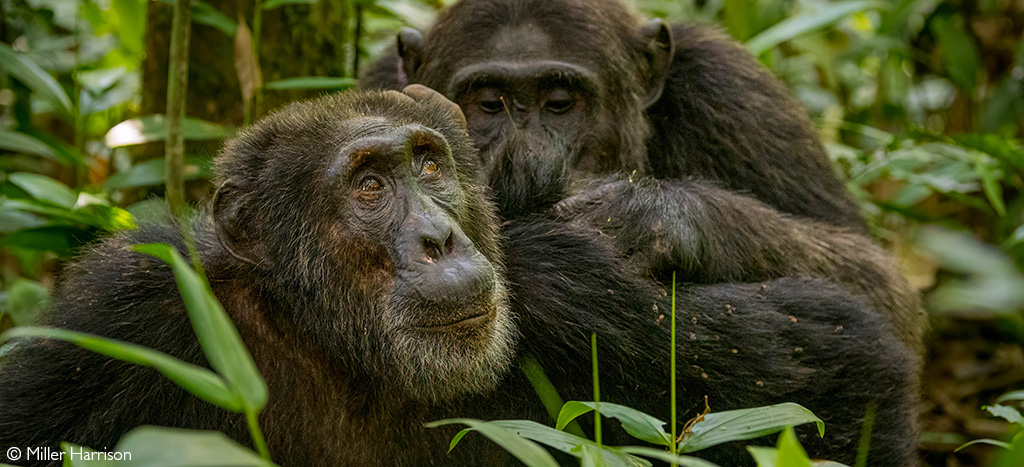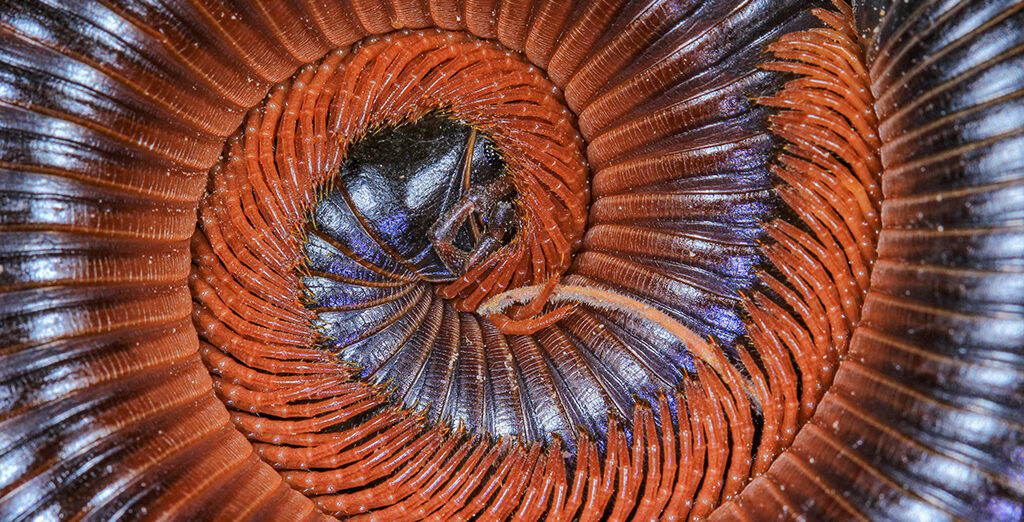
Cases of animals self-medicating have been widely recorded over the past few decades. Self medicating is a survival trait that chimpanzees, birds, orangutans and lemurs all share with humans. Now, scientists have observed chimpanzees treating peers for injuries – a first for the animal kingdom.
Scientists observed 19 different instances where the chimpanzees “medicated” themselves:
- Members of the Rekambo chimpanzee troop in Gabon have recently been observed rubbing insects onto open wounds.
- Even more astonishing, the chimpanzees not only treated their own wounds in this fashion but those of others as well.
- No other animal (apart from humans, of course) has ever been observed treating the injuries of others.
- Most interesting, is that this case was not just a once-off event.
- One mother rubbed an insect onto her offspring’s wound, and the same behaviour was observed in two other adult chimpanzees.
- It is still uncertain what kind of insects were used and whether the “insect ointment” the chimps created aided injury healing or prevented infection.
- Was it the chimpanzees’ intention to treat the injuries? That remains unanswered for now but seems likely given that these celebrated primates targeted open wounds.
There are also many examples in nature of animals using the chemical properties of plants or insects for a specific purpose:
- Orangutans were recently recorded chewing on leaves known to have anti-inflammatory properties and then rubbing the resultant saliva-leaf lather on their skin.
- Capuchin monkeys rub their fur with plants with insect-repellent chemicals.
- Chimpanzees have been seen swallowing bitter, unpalatable leaves of Aspilia plants, some of which are anti-helminthics (to rid their bodies of parasitic worms).
- Millipedes – fascinating creatures that they are – are also popular in the animal kingdom, possibly because they secrete noxious chemicals with antimicrobial properties.
- Hornbills have been observed using crushed millipedes to line the cavities and entrances of their nests, which may help to keep bacteria and fungi from flourishing in the confined place while the chicks fledge.
- Lemurs have also been recorded chewing on millipedes, possibly to treat tummy troubles. The lemurs swallowed some of the unpleasant mixture and spread the remaining ointment on their genitals, anuses, and tails.
- Many birds have been observed “anting” – rubbing ants over their bodies. The formic acid produced by some of these ants is thought to help soothe irritated skin and keep ectoparasites and microbes at bay.
While many cases of animals self-medicating – also known as zoopharmacognosy – are coming to light, there is still much for us to learn in this fascinating field. Have you observed these behaviours, or similar behaviours, in the wild? Let us know.

To comment on this story: Login (or sign up) to our app here - it's a troll-free safe place 🙂.![]()






